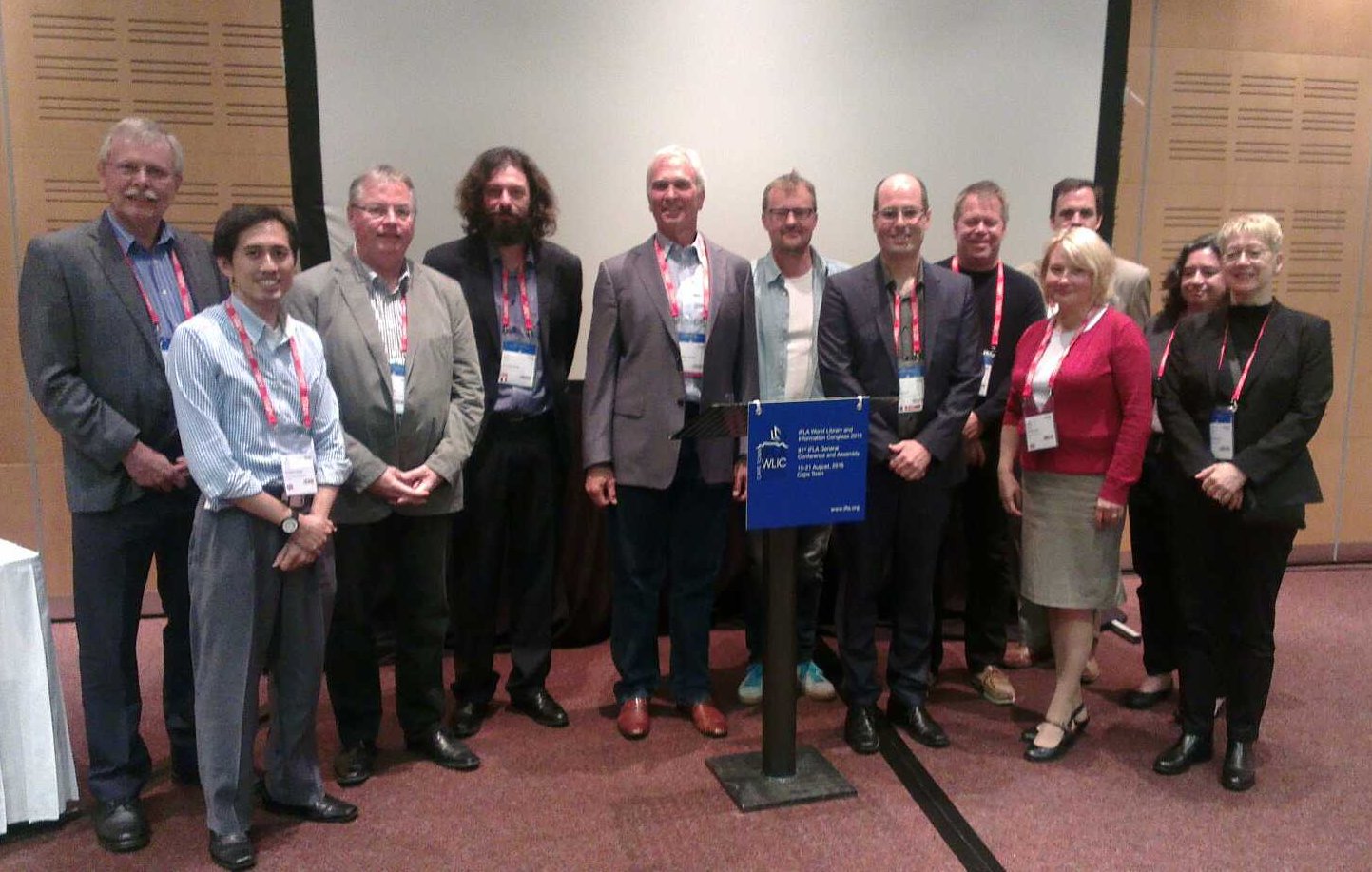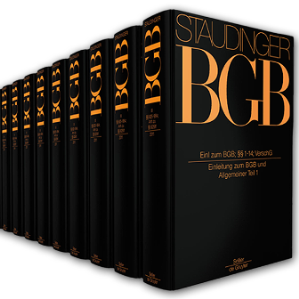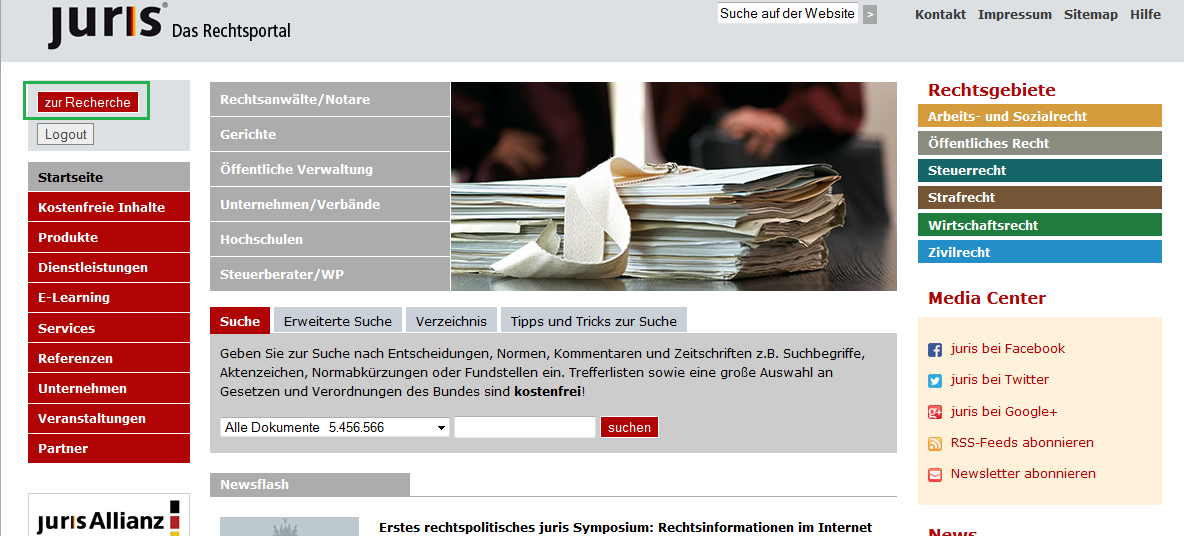Ligatus is proud to announce the launch of the Language of Binding online thesaurus of bookbinding terms, which was celebrated with a one-day event in the Chelsea College of Arts (University of the Arts London) in collaboration with CERL on 23 June, 2015.
Ligatus is a research centre of the University of the Arts London with projects in libraries and archives and with a particular interest in historic bookbinding. The Language of Binding thesaurus is the result of our long experience with historic bookbindings, but has been greatly assisted by contributions from an international group of bookbinding experts and book conservators. This work was made possible by a Networking Grant from the Arts and Humanities Research Council in the UK.
The aim of the thesaurus is to present a consistent vocabulary for the use of all those who work with early bindings, built wherever possible on existing resources, but adapted for use in an on-line hierarchical environment that will allow terms that are not known to a user to be found. It is constructed around concepts (such as different bookbinding components, features, materials or techniques) that can be expressed by a number of language terms (labels). The thesaurus allows one concept to have more than one label, which allows the same concept to be searched for by the different terms that may have been used historically to describe it. It will also allow the concepts to be expressed in different languages.
The Language of Binding thesaurus can be used as a reference online resource that can be searched by keyword or alphabetically. The concepts contained in the thesaurus are, however, also arranged hierarchically, based on a class/sub-class relationship, which allows concepts to be retrieved by navigating down the hierarchies even if their label (the term) is not known.
It is hoped that the thesaurus will enable all those who work with books in early bindings to arrive at more consistent descriptions of those bindings. By being based primarily on single concepts, it has tried to avoid the more familiar but sometimes frustratingly imprecise language that has often been used in the past. This means that some of these familiar terms will not be found as labels, though they may be referred to in the scope notes that define and describe the concepts (and can therefore be found by a simple keyword search).
At the moment, the thesaurus contains labels primarily in English, but work on its translation has already started, and plans for the addition of illustrations are also underway. The thesaurus can, in addition, be used as a look-up service for software applications that need to populate schema fields from thesauri.
An accompanying volume, Coming to Terms: guidelines for the description of historical bindings, which is based on the terms in the thesaurus, is to be published in the autumn. The success of the thesaurus will to a large extent depend on contributions made to it by its users, either to add more concepts, refine existing scope notes or correct mistakes. Such contributions to the thesaurus will be welcomed, and can be made online following a registration process.
The thesaurus can be accessed at: http://www.ligatus.org.uk/lob





